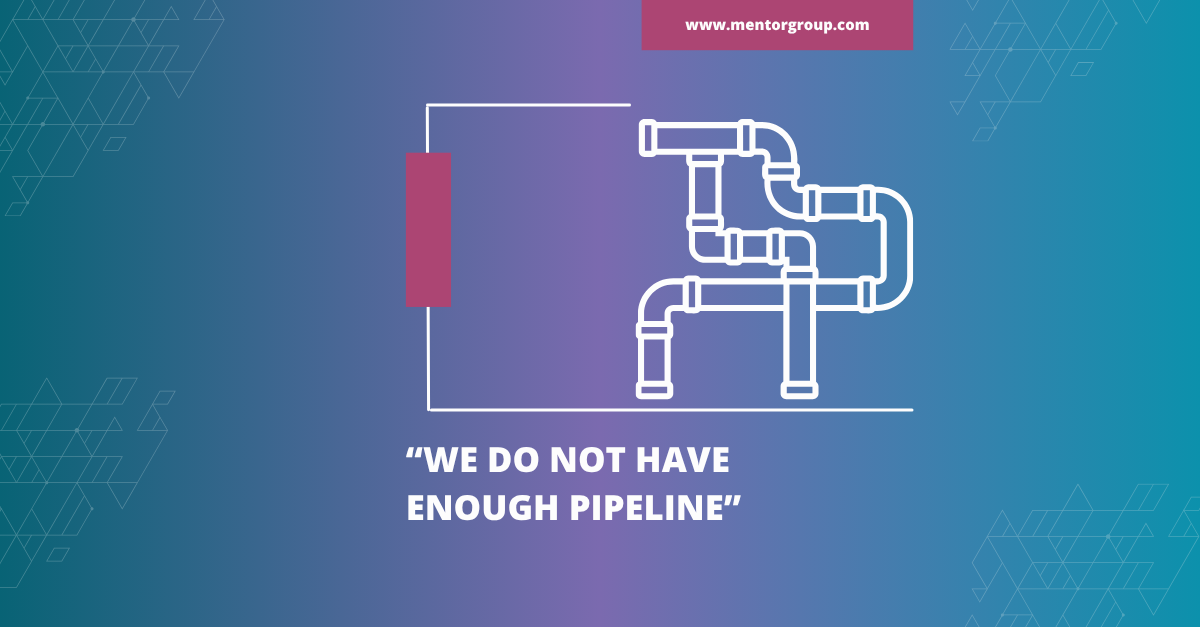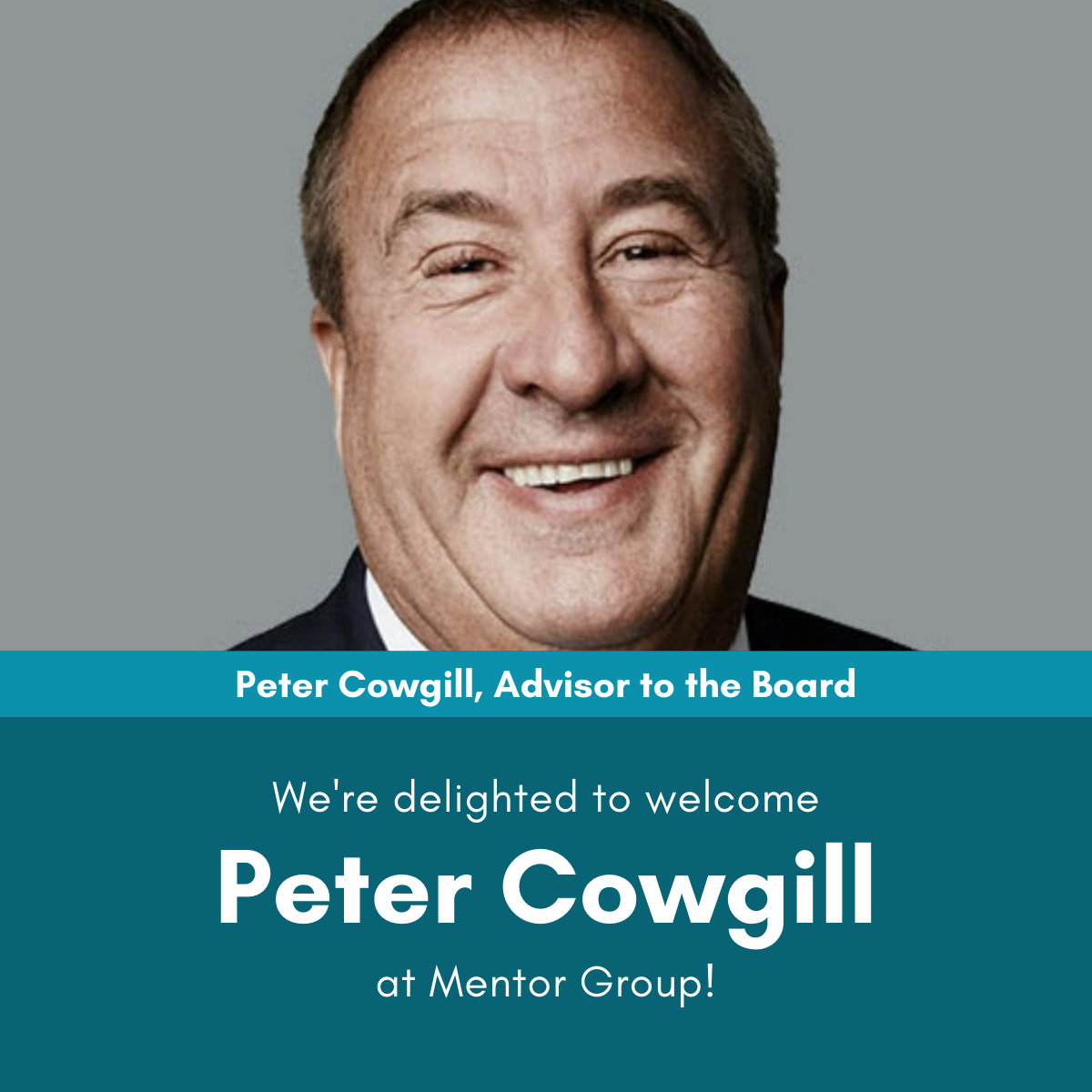In our last two blogs, we made a couple of provocative statements.
First, we announced that sales is dead. Or rather, the traditional modes and methods of sales are dead, as a result of drastic shifts in buyer behaviour and market conditions that sellers simply haven’t adapted to.
We followed that up with the statement that whilst sales may be dead, selling is alive and kicking. These two statements can exist in tandem with each other because sales is dead not as a result of selling becoming obsolete, but as a result of how we’ve been selling becoming obsolete.
Which brings us here. Sales is dead, selling is alive and kicking, but what does that really mean for us today?
The answer is both very simple and decidedly complex; sales is dead, long live revenue.
Sales vs Marketing vs Revenue
Revenue is hardly a new term, but the time has come to change how we think about the processes that generate that revenue.
For far too long, sales and marketing teams have operated independently of each other whilst bemoaning the need for greater synchronicity.
Sales teams don’t believe they’re getting enough qualified leads or enough meaningful resources from their marketing department to sell effectively to new customers, and aren’t equipped with the right skills - or, in a lot of cases, the right mentality - to manage the top of their sales funnel.
Marketing teams don’t know what sales teams actually need from them because nobody is telling them what is needed, and so they’re left to their own devices creating marketing material that nobody in sales is going to see, let alone utilise.
All of the opportunities and benefits of a synchronised sales and marketing function are not being realised by the vast majority of organisations, and as a result, businesses are leaving staggering amounts of money on the table.
Organisations with misaligned sales and marketing teams can expect to experience an average revenue decline of 4% per year, and as recently as 2020, that resulted in an estimated $1 trillion of missed revenue opportunities in the US alone.
So, with all the benefits on the table, what is stopping companies from adopting a revenue-centric approach?
The Hurdles to Sales and Marketing Alignment
We’ve already mentioned the issue of sales and marketing operating as siloed departments. But there are other hurdles that need to be cleared as we move towards a revenue-focused future.
Technology has, rightly, established itself as a pillar of any successful organisation, and technology will remain a pillar of any business that wants to centre itself around revenue. Unfortunately, many businesses simply don’t have the tech infrastructure in place to support a revenue-oriented strategy, such as a unified CRM system, automated workflows, and realtime data analytics.
The same is often true of our processes. Far too often, businesses are too rigid and unwilling to adapt their processes, and this lack of agility - both practically and psychologically - results in the fallen Goliaths of the early 2000s. Former sector giants like Kodak or Blockbuster or Blackberry have all suffered dramatic collapses because they were either too slow or too stubborn to adapt to the winds of change.
Perhaps the biggest hurdle is also the most subtle; pride.
Pride, Insecurity, and Destructive Choices
The saying goes that pride cometh before a fall, but in this case, it’s more a matter of pride becoming the concrete ceiling that stops so many organisations from seeing the growth they know they need to see.
More specifically, it’s the pride of sales leaders. Whether it’s how much money they’ve earned, or how many years they’ve been in the industry, or simply pure ego, time after time we have encountered sales leaders who have allowed their pride to become the bottleneck to the growth of their sales teams, and therefore their organisation.
Pride - often manifesting as a cover for insecurity - is what creates the stubbornness and resistance to change. Pride is what fuels the blame game between sales and marketing (sorry, marketing managers, you’re not immune to pride either!) and drives wedges between teams that on paper should mesh seamlessly.
It’s pride that keeps organisations heading down the paths that lead to a failing business, ignoring every signpost along the way warning them to adapt, to turn, to change.
But that’s enough doom and gloom for one post. How do we fix this?
How do we bring sales back to life, not as sales reborn, but as revenue?
Sales As It Should Have Been
Much like Gandalf the Grey returning as Gandalf the White, revenue is sales, or rather, sales as it should have been.
There are three absolutely critical shifts that need to happen.
The first, if you’ve read this far, should be fairly obvious. We absolutely must get sales and marketing aligned, and functioning as one Revenue Team. As much progress as we’ve made in recent years with joint initiatives and ‘Sales and Marketing Interlocks’, we’re still a long way off from seeing sales and marketing working as one team, for one common purpose.
That change requires a paradigm shift from the top down, and it requires every member of every team to be fully bought in to the new culture and new way of thinking.
This brings us nicely to the second shift; the rise of the Chief Revenue Officer.
Whilst it’s not necessarily a new role, the CRO is still very much a growing role that is being shaped and refined on the fly. This does not, however, detract from how critical it is to aligning the different functions of revenue and pointing them in the same direction.
The top down paradigm shift has to start and end with the CRO. They will dictate the culture and set the terms of engagement, and so it’s essential that your CRO is able to communicate the vision, and inspire people to follow.
With that in mind, whilst there is a great deal of technical responsibilities for the CRO, it is in many respects a role that is governed by soft skills; empathy, communication, delegation, people management to name just a few.
Those soft skills absolutely can be learned, and if they can be learned, then they can be taught, which brings us to the third critical shift: Mental Fitness.
Mental Fitness in Sales
Selling can be a hostile environment.
It is full of toxic behaviours and attitudes, which is driving unprecedented pressure on sellers. They must hit targets, and if they do, they are rewarded with a higher target, which adds more stress and creates a vicious circle that becomes incredibly hard to break. As the famous saying goes, no good deed goes unpunished.
Is it any wonder that employee turnover in selling is so high?
Attraction and retention of talent are one of, if not the biggest, single issue facing organisations today. This is not a new issue, but it has been made worse by the shifts in the workplace since Covid, which has seen many talented people review what is important to them and either drop off the workplace altogether or change careers.
The next generation wants a different workplace, and so, if we fail to adapt, not only are we going to continue losing talent, we are also going to struggle to recruit new talent as the brightest stars will migrate to workplaces that are more in line with their values.
Dealing with Mental Fitness in Sales, along with flexible working, will become a competitive differentiator. Organisations that embrace it and put in programs specifically to help improve mental fitness will not only attract and retain better talent, but the evidence also shows that they outperform other organisations in every metric.
Long Live Revenue
If sales and marketing are aligned as one function, steered by a CRO that is as emotionally intelligent as they are technically competent, and buttressed by a deliberate emphasis on mental fitness, all the foundations are in place for a business that thrives on every level.
This is how we breathe life back into sales. This is how we build businesses that generate consistent, tangible revenue growth.
Sales is dead. Long live revenue.
If you want to learn more about how Mentor Group can help your business adopt a revenue-centric strategy, and transform the revenue potential of your organisation in the process, visit our Contact Us Page or reach out directly to info@mentorgroup.com







